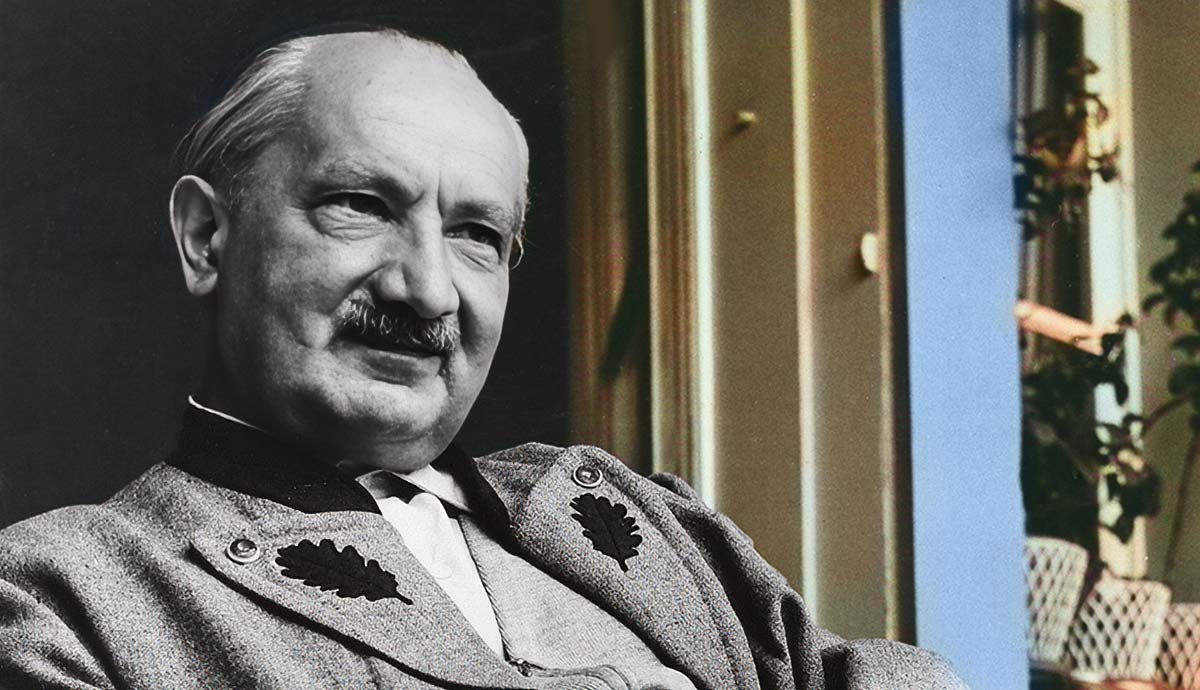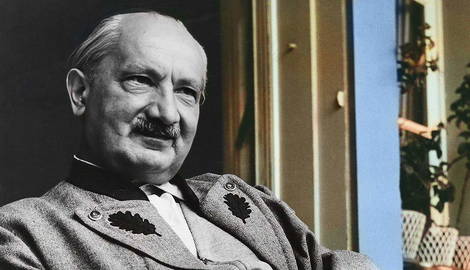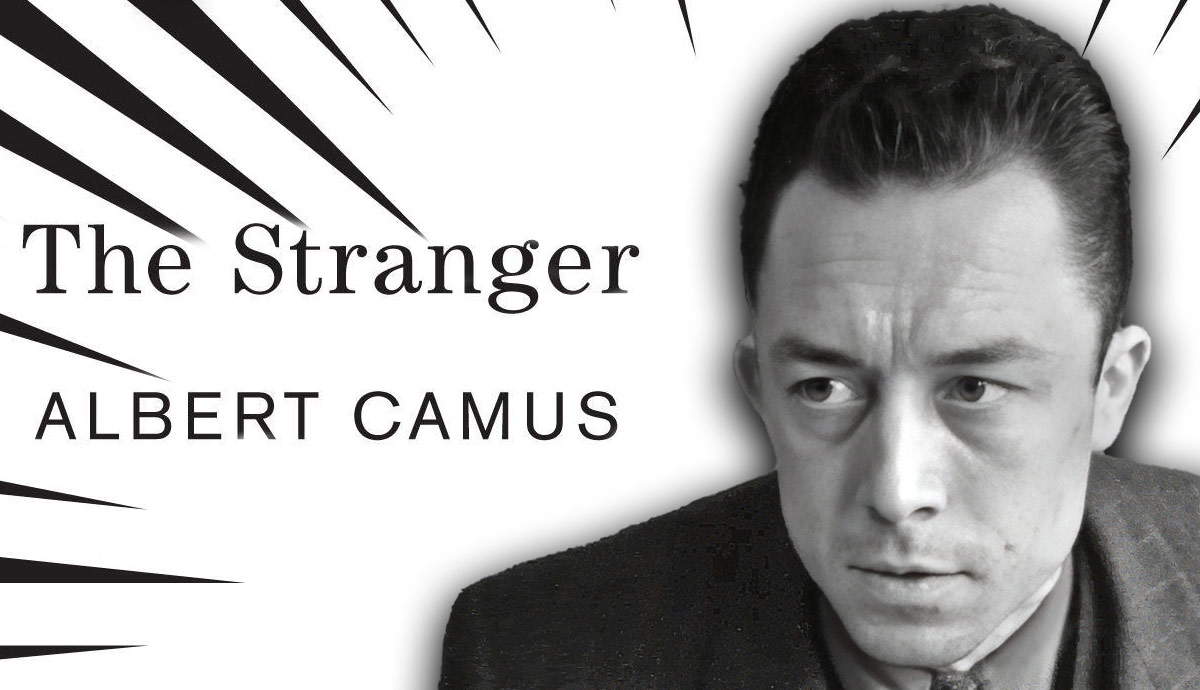
Martin Heidegger was one of the most influential and controversial German philosophers of the 20th century. Building on Edmund Husserl’s works, he was a leading figure of the phenomenology movement who has influenced a plethora of great thinkers in various fields. His works tremendously contributed to the phenomenological study of ontology, existentialism, and hermeneutics. Although his reputation remains controversial, Heidegger is still internationally appraised for his pioneering works to this day. His notoriety was established.
From Priesthood to Philosophy

Martin Heidegger was born in 1889 in a village called Messkirch in Baden. He was raised as a Roman Catholic and his father served as a sexton in the local church in the village. Heidegger’s religious upbringing and intellectual gifts led him to earn a scholarship for his secondary education in Konstanz. In 1909, he studied at the Jesuit Seminary to pursue the priesthood, but had to leave shortly after due to his poor health conditions. During that period, Heidegger came across a book by Franz Brentano, the most influential figure in Edmund Husserl’s career.
Heidegger credited Brentano’s On the Various Meanings of Being According to Aristotle as the inspiration that stimulated his interest to pursue a career in philosophy.

Although Heidegger started studying theology and scholasticism for his tertiary education at the University of Freiburg, he eventually focused his studies on philosophy where he learned under the guidance of the leading philosophy figures of his time. Most notably, he was influenced by two of his professors, Edmund Husserl and Heinrich Rickert. Thinkers such as Soren Kierkegaard, Aristotle, and Wilhelm Dilthey also significantly contributed to the development of his philosophy.
In 1913, Heidegger received a doctorate of philosophy after writing his dissertation on psychologism, later published as The Doctrine of Judgment in Psychologism: A Critical-Theoretical Contribution to Logic. His dissertation was heavily influenced by Husserelian phenomenology and was completed under the supervision of Rickert. Two years later, he completed his habilitation degree on John Duns Scotus.
Although he initially aspired to become a priest, Heidegger eventually abandoned Roman Catholicism after completing his philosophical education. Particularly influenced by the works of Martin Luther and John Calvin, he married a Lutheran woman, Elfride Petri, in 1917.
Heidegger’s Rise as a Philosopher

After completing his mandatory service as a soldier in the last year of WWI, Heidegger started lecturing at the University of Freiburg. Between 1919 and 1923, he gained his reputation as a prodigious philosopher, the heir of the phenomenological movement founded by Husserl, for whom he worked as an assistant. Although he was yet to publish significant works, his fame and success in Freiburg allowed him to be promoted to associate philosophy professor at the University of Marburg in 1923. There he met Hannah Arendt, one of the key figures of 20th-century political philosophy, who was only a 19-year-old at the time.
Arendt was one of Heidegger’s students at Marburg. She described his reputation back then as a “rumor of a hidden king”, legendarily rising into the scene of philosophical genius. In 1925, Heidegger and Arendt started having an affair that lasted for the following four years. Although the couple maintained the secrecy of their relationship, Elzbieta Ettinger exposed their correspondence later in 1995.

Heidegger’s career as a philosopher flourished in Malburg. The potential for which he was known actualized in 1925 when he published his first major work and magnum opus, Being and Time. The book gained tremendous success and worldwide recognition, raising Heidegger to the ranks of internationally reputed philosophers. Through Being and Time, Heidegger established himself as a philosopher in his own right, adapting the foundations laid down by Husserl to pave his unique path in phenomenology.
Heidegger’s Notorious Controversy

Heidegger’s brilliant reputation, however, did not last for long and soon turned into notoriety. After Husserl retired as a professor and Chair of Philosophy, Heidegger accepted to succeed him at the University of Freiburg in 1928. Five years later, he was elected as rector of the university and became affiliated with the Nazi Party. Heidegger was forced to resign his position within a year for not complying with the orders of the Minister of Education to replace the deans of certain departments by members of the Party.
Disillusioned by National Socialism, Heidegger later reported being surveilled and censured. However, his initial support for the Nazi Party left a permanent scar in his reputation that greatly undermined his philosophy. Heidegger was banned from teaching during the denazification procedures after WWII, but was eventually considered a miltäufer (one of the lowest incriminatory decrees) and all punitive measurements against him were withdrawn.

Heidegger then resumed teaching at the University of Freiburg in 1950, but his name never recovered from the shadow of this controversy. In 1966, Heidegger was interviewed by journalist and philosopher Rudolf Augstein for the German magazine Der Spiegel. Although Heidegger addressed the controversy surrounding his association with Nazism on numerous occasions, the first part of this interview is among the most well-known instances where he explained himself. The interview was published posthumously under the title “Only God Can Save Us”.
Heidegger continued lecturing and publishing his works until he died in 1976. In his last days, he arranged the compilation of his published works and written lectures, which amounted to over 100 volumes. Heidegger rests in the Messkirch Cemetery in Baden, but his works continue to inspire and influence many prominent thinkers to this day.










